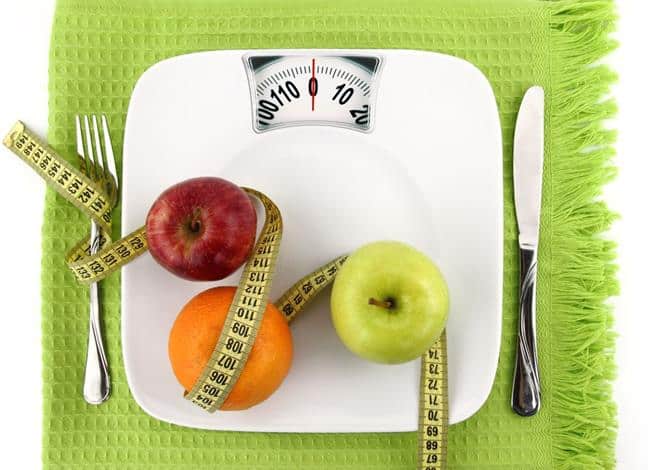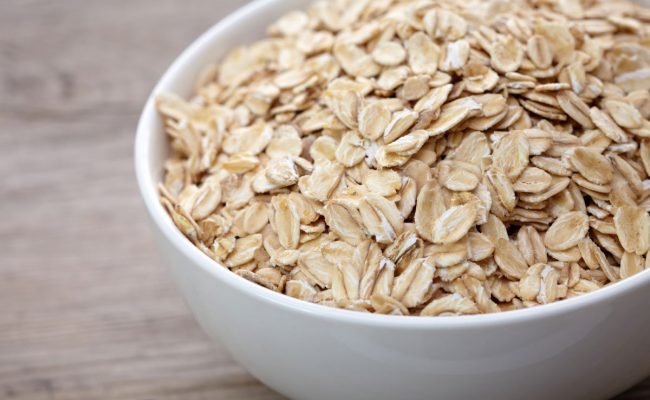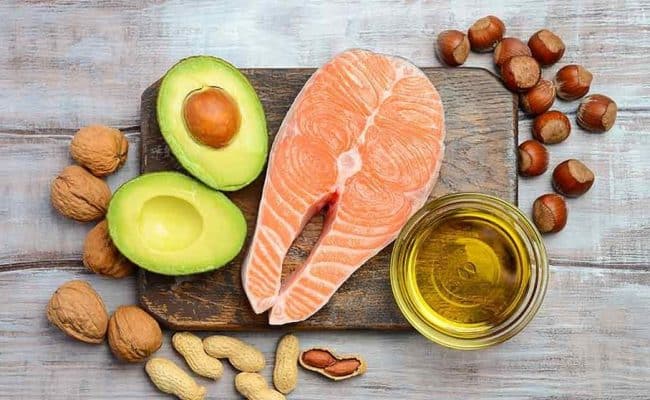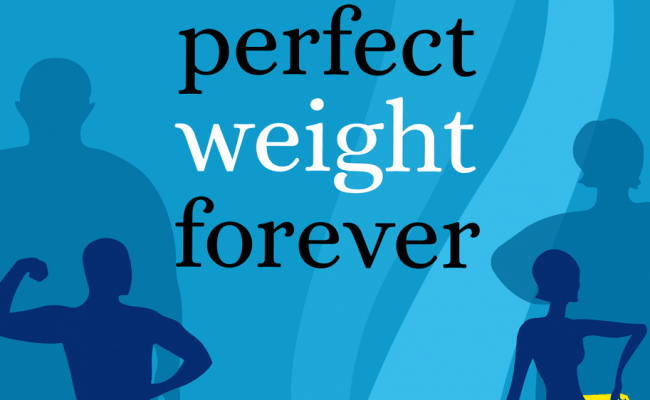
The slow-card diet is a high fat, low carbohydrate ketogenic diet. It was developed by Timothy Ferriss who also authored the book The 4-Hour Body. Ferriss claims many people have lost over 100 pounds following this diet.
Can you really lose weight following the slow-carb diet? Yes. Like other high fat ketogenic diets, you can lose weight following this diet plan.
However, the diet is very restrictive and you may be getting inadequate intakes of many vitamins and minerals.
The safety of following a ketogenic type of diet long term is still being studied. Some research studies suggest no harm and potential benefits from long term high fat diet.
However, some studies suggest following a high fat diet long term may have some negative side effects.
No specific research studies have been done on the slow-carb diet.
Ferriss lists anecdotal testimonies of people who claimed to lose significant weight loss following the slow-carb diet, but testimonies do not count as evidence of diet safety or effectiveness.
What is the slow-carb diet?
The slow-carb diet has the following 5 rules:
1. Avoid white (refined) carbohydrates.
White refined carbohydrates are generally considered: white bread, white rice, pasta, etc. Avoiding refined carbohydrates is fairly common for most weight loss programs because refined carbohydrates spike blood sugar and insulin levels. This spike can promote fat storage.
If you are doing exercise while on the slow-carb diet, consuming some refined carbohydrates within 30 minutes of exercise can be allowed. Otherwise, they are cut out completely.
2. Eat the same foods.
Ferriss suggests even though there are many types of food we can eat, only a select few will not cause weight gain. The same foods must be eaten every day. The foods allowed include: proteins, legumes, vegetables, fats (including nuts and seeds) and herbs/spices. The types of protein, fat, vegetables, legumes and spices can vary, but these foods are only allowed.
3. Drink only calorie free beverages.
The diet recommends a high intake of water, and unsweetened tea, coffee or other calorie free beverages are allowed. Any beverage that is sweetened or has other calories is forbidden.
4. Avoid eating fruit.
The slow-carb diet suggests eating fruit are not helpful for weight loss even though research studies have shown fruit intake is inversely related with risk for weight gain (1). One exception for this rule is avocado is allowed.
5. One day a week you can eat anything you want.
What might be the saving grace for the slow-carb diets many restrictions is the allowance of one day a week you can “take a break” and eat what you wish. Will this day derail your weight loss efforts? The slow-carb diet says no. In fact, other research has also suggested allowing a cheat day or a day with higher carbohydrate intake while following a low carb diet may help boost leptin levels. Leptin is one hormone that can help regulate body weight and hunger levels.
Is the slow-carb diet healthy?
Following the slow-carb diet is restrictive in food options (except one day a week). Therefore, risk for nutritional deficiencies is increased. Supplementing vitamins and minerals is recommended for the slow-carb diet.
However, key antioxidants from whole grains, fruits and some vegetables are not allowed on this diet plan. To date, no research studies have been done on the specific weight loss or overall health effects from the slow-carb diet.
Other research studies looking at similar high fat ketogenic diets suggest they can be recommended up to a year and possibly longer.
For example, a 2014 study (2) concluded a very low calorie ketogenic diet was significantly more effective than a standard low calorie diet for weight loss over 12 months in obese study participants.
Interestingly, even though the diet is very low in carbohydrates, lean mass was well preserved in the high fat low calorie diet.
A 2014 review (3) suggests a high fat low carbohydrate diet is able to provide weight loss and even possibly some positive outcomes such as increased HDL, lower blood triglycerides and more weight loss compared to standard low calorie low fat diet.
However, another 2014 study (4) suggests a ketogenic type diet may cause an imbalance between pro and anti oxidant balance which could increase risk for cardiovascular disease.
This finding may be due to the lower intake of antioxidant rich foods on a low carbohydrate, high fat style diet.
The lowered intake of nutrient dense foods that provide vitamins, minerals, fiber and antioxidants may have some negative side effects long term.
However, studies have shown a high fat low carbohydrate diet is effective for weight loss and lowering blood triglycerides.
More research may be needed to further clarify the effect of a high fat low carbohydrate diet long term.
Short term health impact with following a slow-carb diet may be ok for most people. However, speak with your healthcare team before switching to the slow-carb diet for individualized guidance.
What can you eat on the slow-carb diet?
The slow-carb diet consists of protein foods, fat sources, limited amount of vegetables, legumes and mostly any spices/herbs.
The emphasis is on high quality proteins like eggs, cottage cheese (the only dairy food allowed), lean poultry, pork, grass fed beef and seafood.
These protein foods can be mixed with generally non-starchy vegetables, legumes and fat sources like nuts, seeds, olive oil, avocado, etc.
A downside with this diet plan is the restrictive nature, although some people may like the straight forward “rules” for sticking to the diet.
Athletes may not benefit from following a low carbohydrate, high fat diet. Therefore, if you are exercising for weight loss, you this type of diet plan may not be best for you especially if you are trying to increase athletic performance.
The main concern with the slow-carb diet is the drastic food restrictions long term. Keep in mind you may want to supplement certain vitamins and minerals on this diet because of the drastic food restrictions.
However, taking supplements is not the same as eating a nutrient rich diet. If you have more questions about if this diet would be good for you, consult your healthcare team.










